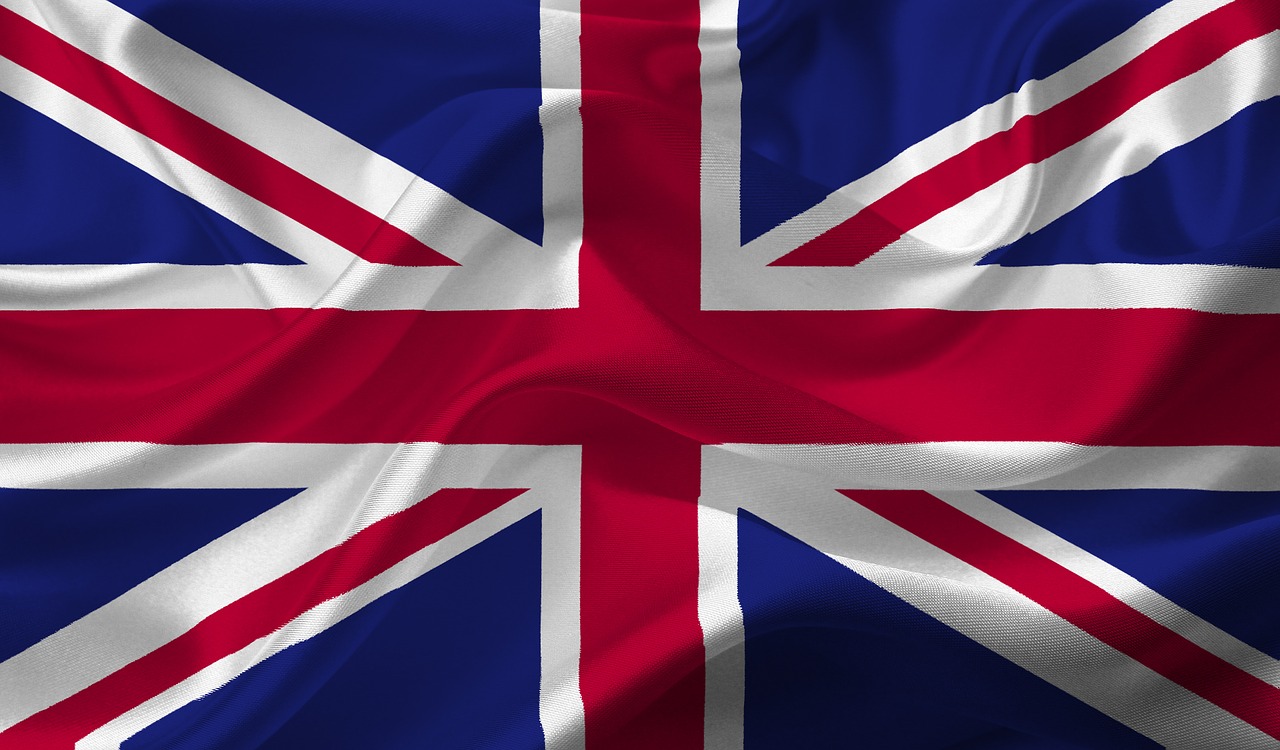UK Tightens Controls on Quantum Computing Exports And Cryogenics Firms Could Feel The Chill

Insider Brief
- The UK announced a comprehensive review of exports and foreign investments by British firms to safeguard against economic vulnerabilities.
- Britain is set to intensify scrutiny on the export of cryogenic equipment vital for quantum computing.
- Critical Quote: “Cryogenics – the ability to reduce temperatures to near kelvin zero – is something that 10 years ago was purely for research purposes, but with the advent of quantum computing is a key part of that.” — Deputy Prime Minister Oliver Dowden
Britain is set to intensify scrutiny on the export of cryogenic equipment vital for quantum computing, as well as other technologies deemed sensitive, in a bid to prevent their potential military misuse by China and other nations regarded as threats.
Deputy Prime Minister Oliver Dowden announced a comprehensive review of exports and foreign investments by British firms to safeguard against economic vulnerabilities, according to The Telegraph.
“Cryogenics – the ability to reduce temperatures to near kelvin zero – is something that 10 years ago was purely for research purposes, but with the advent of quantum computing is a key part of that,” Mr. Dowden said, as reported by The Telegraph.
He added controlling these exports is strategically important, likening the move to the non-proliferation of advanced weaponry decades ago.
The review, spearheaded by Dowden, targets industries involving not only cryogenics but also semiconductors, critical minerals and artificial intelligence technologies. These sectors will undergo stricter checks under national security rules, especially if the technology has potential dual uses that could benefit foreign intelligence services.
Quantum computing has garnered particular attention due to its implications for cybersecurity. The technology’s advanced computational power could, in theory, enable significant breaches into Western IT systems, exemplified by a suspected Chinese hacking operation last year. This breach compromised the email accounts of numerous U.S. officials, as reported by The Telegraph.
The new measures reflect a significant shift in the UK’s approach to economic relations with China. Dowden recalled a period nine years ago when former Prime Minister David Cameron celebrated burgeoning economic ties with China. However, growing concerns over Beijing’s aggressive economic tactics and political leverage have prompted a reevaluation.
“In relation to Lithuania, you just have to look at the way economic coercion has been used by China recently,” Mr. Dowden said, according to the newspaper. Downden was referring to China’s economic reprisals against Lithuania for its diplomatic engagements with Taiwan. This incident, among others, has underscored the need for heightened vigilance and security in trade relations, the newspaper reports.
The upcoming consultations on defining sensitive technologies are part of the UK’s broader strategy to counteract what Dowden describes as a direction of increasing cyber and economic contestation. This initiative follows previous steps taken by Britain to diminish Chinese influence, including the exclusion of Huawei’s technology from the UK’s 5G network due to security risks.
